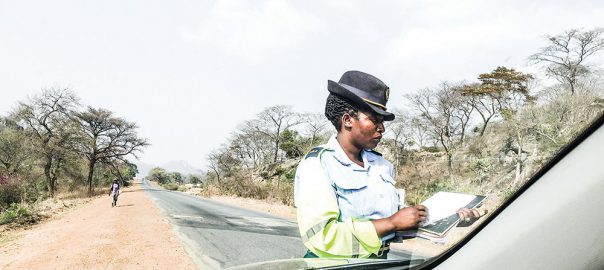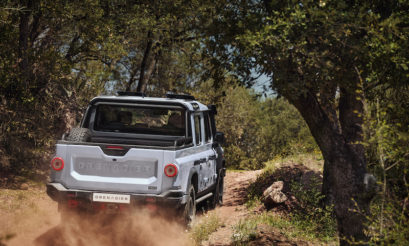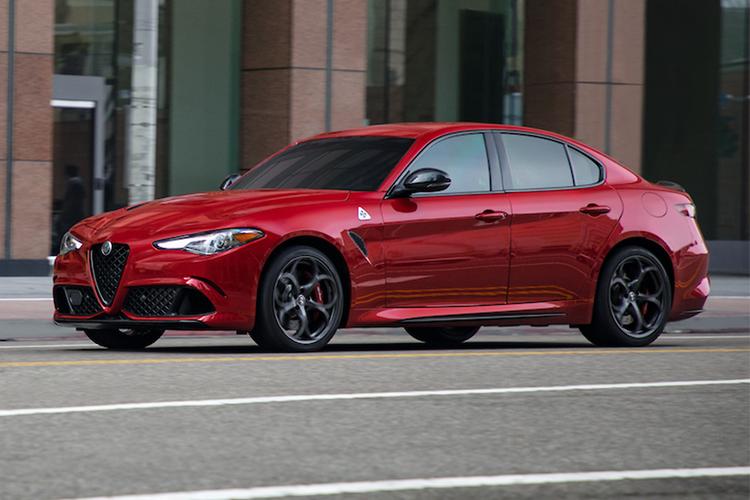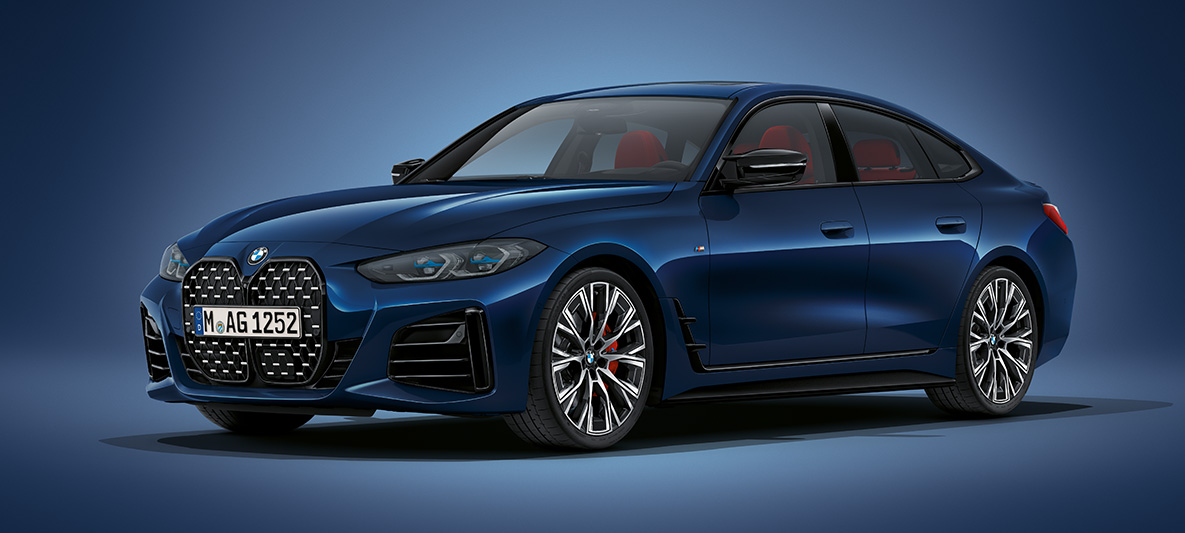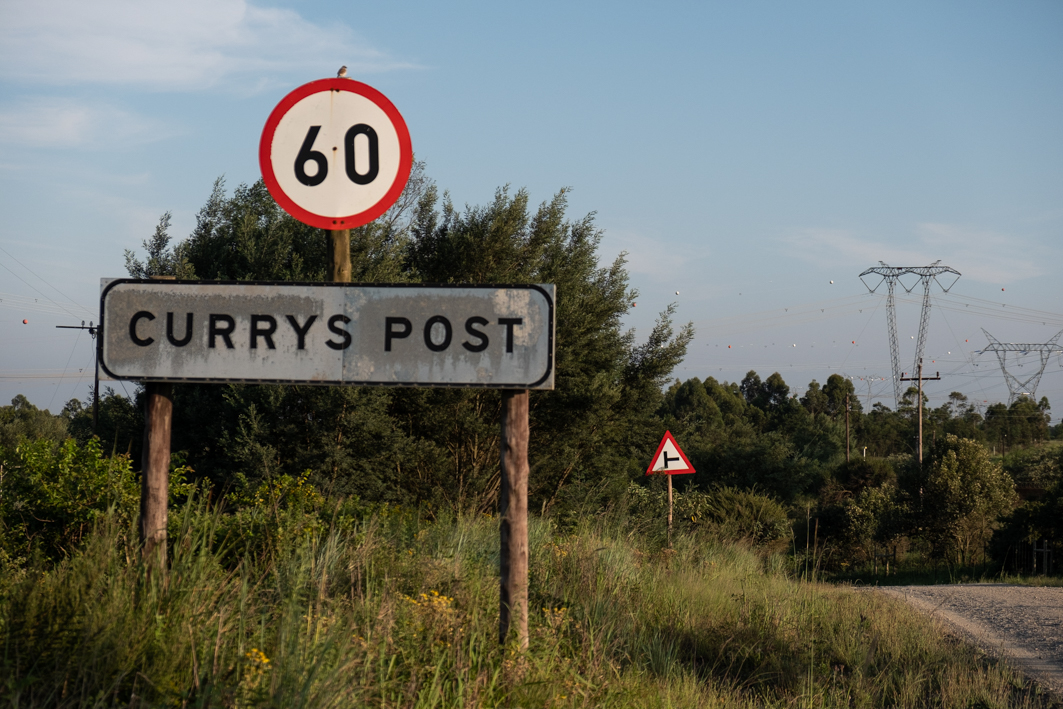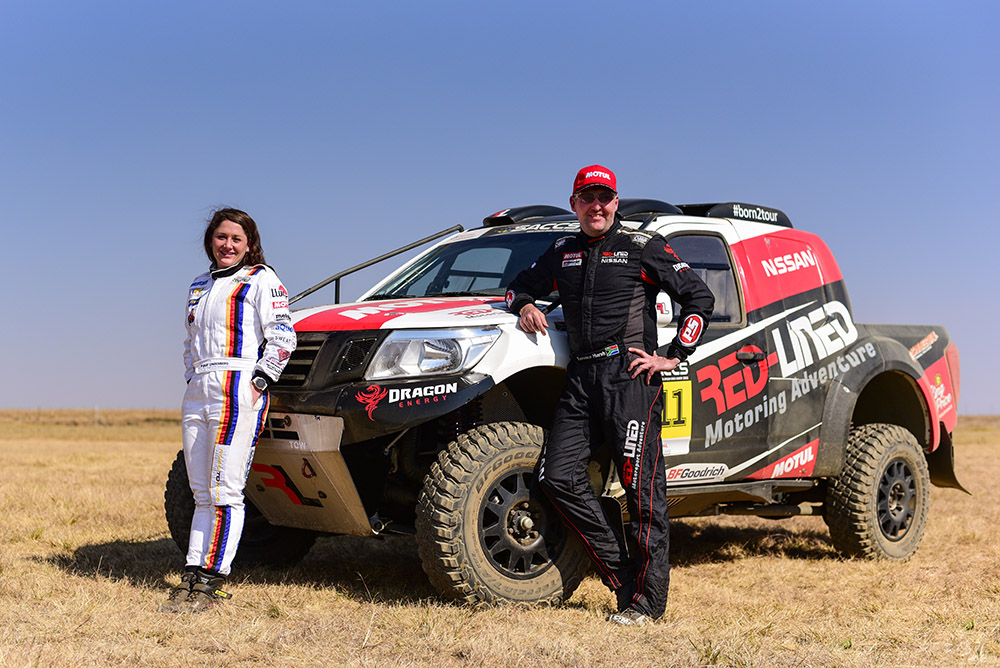Over the past two months we’ve travelled more than 15 000km in Southern Africa. We were in Namibia, Botswana (twice), Zimbabwe (twice), Mozambique, Swaziland and, on two occasions, in Lesotho. And sadly, Southern Africa is in a sorry state. And I don’t mean the respective economies, or the drought, or politics, or the state of the roads, or any such matter. I mean the people. And specifically, the people with a uniform and a badge who we are supposed to respect, and in whom we are supposed to trust.
Botswana has, for years, been a beacon of hope in our region. With a government apparently intent on actually doing the right thing, a prosperous economy, friendly people and amazing tourist destinations, Botswana seemed to be a shining example of what a successful African country could be like. It’s like an oasis in our neck of the geopolitical dessert. But alas, it’s not perfect. On a recent trip to Botswana we were stopped at a roadblock. Motioned to move forward by a police constable, we were not greeted with a ‘hello’ but immediately informed that we had just earned a 200 pula fine for ignoring a stop street. This is known as entrapment in the rest of the world. After much deliberation, including a stage where we were ‘arrested,’ we left the roadblock R700 poorer.
The next day it got even worse. Leaving Botswana at the Plumtree border to Zimbabwe, we completed all the admin, with only the police checkpoint to clear. The cars were waiting in single file, with a handful of police officers randomly checking passports. We were about three cars from the front and had just got back into our vehicle after dipping our shoes into the regulatory concoction that combats foot and mouth disease, when a young policeman, seemingly impatient, motioned us to move our car along in the queue.
And as soon as the wheels turned a half-turn, a big smile spread from his left to his right ear. “Operating a vehicle without safety belts? That’s 400 pula. Park right over there,” he said. That’s entrapment, part two. We were laughed at, intimidated, threatened, and finally, after handing over a 40 pula ‘donation’, waved through the border. But nothing could quite prepare us for the gauntlet that awaited us in Zimbabwe a fortnight later. Initially all went well, as we stuck to non-touristy routes. But then we hit the main road to the infamous Beit Bridge – and the ‘Big Rip-off’ commenced.
First we were caught doing 64km/h in a 60km/h zone. Fair enough, speeding is speeding… we handed over the $5 penalty. Next we were fined $20 for driving with the vehicle’s lights on, but thankfully we were only charged a $5 ‘donation’. Next we were caught doing 81km/h in a 100km/h zone – which the police officer claimed to be a 60km/h zone. That was $20. At one stage, there was a roadblock every 10km. And with virtually no road signs indicating speed limits, we never really knew what speed we were supposed to be doing. We actually started placing bets on what they would fine us for next. As a norm, the officers would ask us to produce the vital temporary import permit (TIP). Once handed over, they would walk away with it, knowing full well that for us to continue our journey without this piece of paper would invite untold trouble.
Later we contemplated just not stopping. None of the Zimbabwean police officers had a car. But many of them had spike strips handy, ready to be deployed. And we suspect some of them may even have had cellphones, which meant they could phone their cousin at the next roadblock, 10km down the road, which may cause untold trouble. And, after all is said and done, handing over $20 seemed smarter than spending any time in a Zim penitentiary. Not that any of this deterred the locals – they pretended the cops were not there, driving straight past. From a business perspective, it hardly makes sense for the cops to try and stop them… cash-strapped Zimbabweans hardly have $5 about them, so the effort of harassing and subsequent low profitability margin of local motorists is simply not worth the effort.
Essentially then, if you are a foreigner, the Zimbabwean police will relieve you of all your dollars. They will find a reason. From your car being dirty (a $20 charge), to a motorcycle not carrying a spare wheel (another recorded charge, along with a $100 fine). And Botswana police officers will apparently do their best to entrap you if your vehicle carries a foreign registration. After this vexing experience, we will not go back to Zimbabwe in the foreseeable future. Ditto with Botswana.
It is such a pity that our beloved Southern Africa is being held to ransom by this culture of corruption. Worse still, if a ‘halo’ country such as Botswana suffers from this infirmity, it does not bode well for the region’s future prospects. I couldn’t even try to offer a solution to this conundrum… there doesn’t seem to be any obvious solution at hand. The roots of this culture of corruption are too deeply entrenched, it seems. Cry our beloved Southern Africa indeed.
